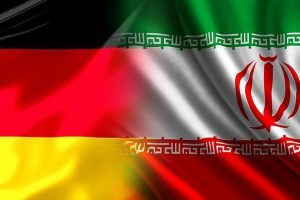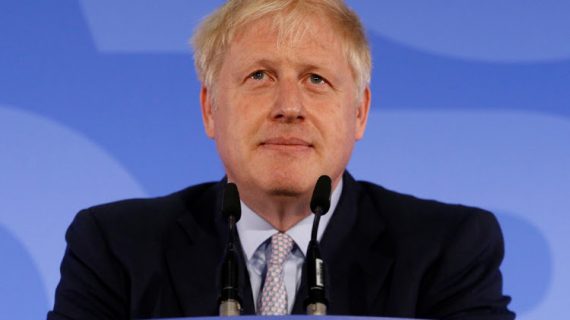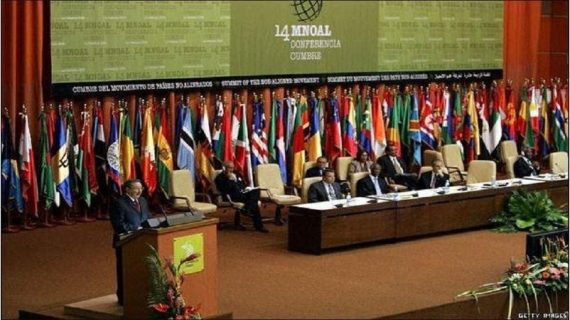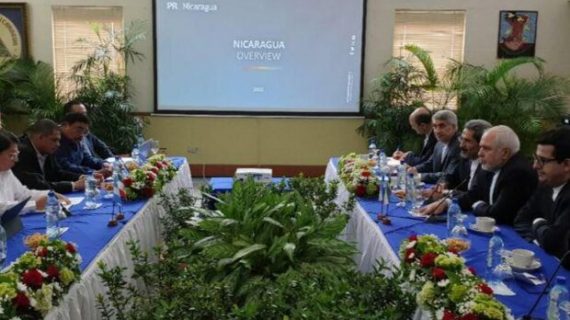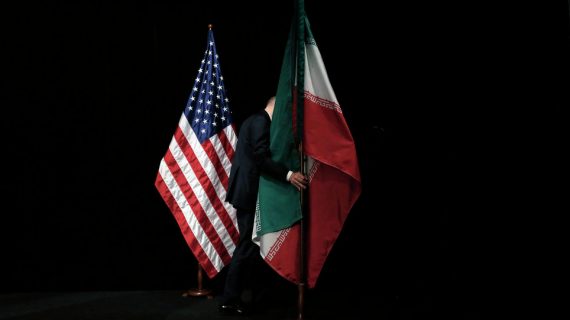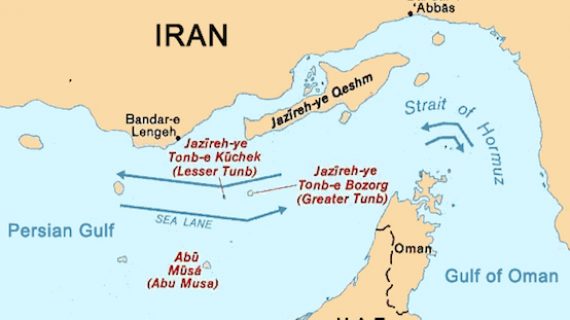Defending Iran deal, Germany looks to bypass U.S. payment channels
Europe should look to bypass U.S. payment systems by creating its own financial channels, a European monetary fund and international bank transfer system like SWIFT, Germany’s foreign minister has said.
Reported by HPMM Group according to TEHRAN TIMES ; Writing in the German Handelsblatt newspaper, Foreign Minister Heiko Maas called for the setting up of independent payment channels, largely as a way for European businesses to avoid U.S. sanctions targeting any firms – whether inside or outside the U.S. – that do business with Iran.
“As Europeans, we have clearly told the Americans that we consider phasing out the nuclear deal with Iran a mistake.,” Maas said in an op-ed for Handelsblatt on Wednesday. “Meanwhile, first U.S. sanctions are back in force. In this situation, it is of strategic importance that we clearly tell Washington: we want to work together. But we will not let you act over our heads. Therefore, it was right to protect European companies from legal sanctions,” he said.
“It is therefore essential that we strengthen European autonomy by setting up payment channels independent of the U.S., creating a European Monetary Fund and building an independent SWIFT system.” he added.
While the SWIFT system oversees international bank transfers, the creation of a European monetary fund would solidify the bloc’s ability to assist countries hit with economic crisis. The creation of independent financial channels would allow it and its businesses to avoid prohibitive sanctions but would likely deepen an ideological schism between the U.S. and Europe that has grown during Trump’s presidency.
However, German Chancellor Angela Merkel told reporters Wednesday that while relations with the U.S. had changed, she was not in favor of creating a new payments system.
Breaking with the past
Trump’s decision in May to withdraw from the 2015 international nuclear agreement was a particular major blow for U.S.-European relations.
Germany had helped France, Britain, Russia, China and the U.S., under then-President Obama, to broker the deal with Iran and had tried to persuade Trump to remain within the pact.
U.S. sanctions were re-imposed on Iran in early August, nevertheless, and the U.S. said any companies doing business with Iranian entities, even those outside the U.S. could be subject to secondary sanctions, much to the chagrin of Europe.
Germany, Britain and France are looking at ways to save the deal and how to prevent their own companies from pulling out of Iran, although a number have already done so, including French oil giant Total and German engineering giant Siemens.
Mass said that while history and a striving for peace had bound Europe and America, “looking back does not lead to the future. It is high time to re-evaluate our partnership – not to leave it behind, but to renew and preserve it,” he said, noting that “the U.S. and Europe have drifted apart for years.”
Later on Wednesday, the German foreign ministry backed up the comments by Maas, who is a member of Germany’s Social Democratic Party (SPD), a junior partner in Merkel’s ruling conservative alliance.
The foreign ministry said Maas’ comments reflect the German government as a whole and that the article, although based on Maas’ opinions, was meant to stir a debate about relations with the U.S., Reuters reported. The spokespeople added that “keeping financial channels open is vital to save the Iran deal.”

